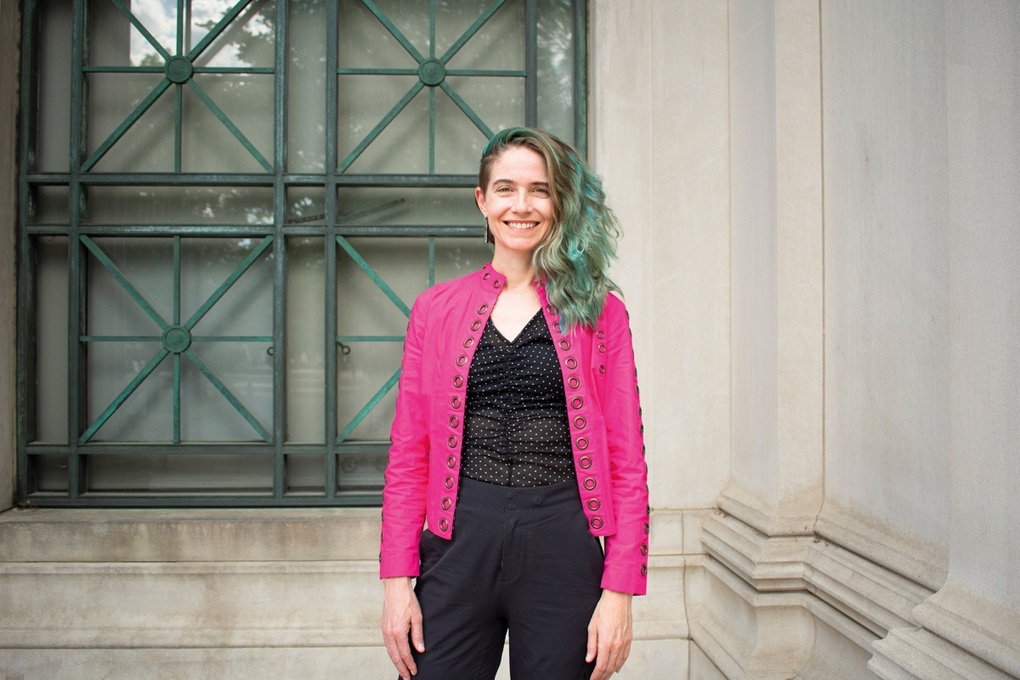About the Event
Date
Feb 11–12, 2022Location
Hybrid Online & In-Person Event
Did you know our art collections can tell important stories about diversity, equity, and inclusion?
Join us for a 2-day event featuring lectures, panels, big datasets, and arts & crafts! Explore new ways of thinking about art collections and experiment with ways to express ideas visually through digital and analogue data visualization tools. Coding or artistic experience is welcome but not necessary. This is a fun, collaborative and non-competitive event.
Featured Speakers
Schedule
As data are increasingly mobilized in the service of governments and corporations, their unequal conditions of production, their asymmetrical methods of application, and their unequal effects on both individuals and groups have become increasingly difficult for data scientists–and others who rely on data in their work–to ignore. But it is precisely this power that makes it worth asking: “Data science by whom? Data science for whom? Data science with whose interests in mind? These are some of the questions that emerge from what we call data feminism, a way of thinking about data science and its communication that is informed by the past several decades of intersectional feminist activism and critical thought. Illustrating data feminism in action, this talk will show how challenges to the male/female binary can help to challenge other hierarchical (and empirically wrong) classification systems; it will explain how an understanding of emotion can expand our ideas about effective data visualization; how the concept of invisible labor can expose the significant human efforts required by our automated systems; and why the data never, ever “speak for themselves.” The goal of this talk, as with the project of data feminism, is to model how scholarship can be transformed into action: how feminist thinking can be operationalized in order to imagine more ethical and equitable data practices.
Open to Tufts Students Only
Work in teams to explore issues of diversity equity and inclusion on the Tufts University campus through art and data. No coding or artistic experience is necessary. Sign up with the link below and we’ll place you in a team. This is a collaborative, fun, and non-competitive event.
A panel discussion featuring: * Kelli Morgan (Professor of the Practice, History of Art and Architecture and Director of Curatorial Studies, History of Art and Architecture at Tufts University) * Diana Greenwald (Assistant Curator of the Collection at the Isabella Stewart Gardner Museum) * Chad Topaz (Professor of Mathematics at Williams College and Co-Founder of the Institute for the Quantitative Study of Inclusion, Diversity and Equity).




